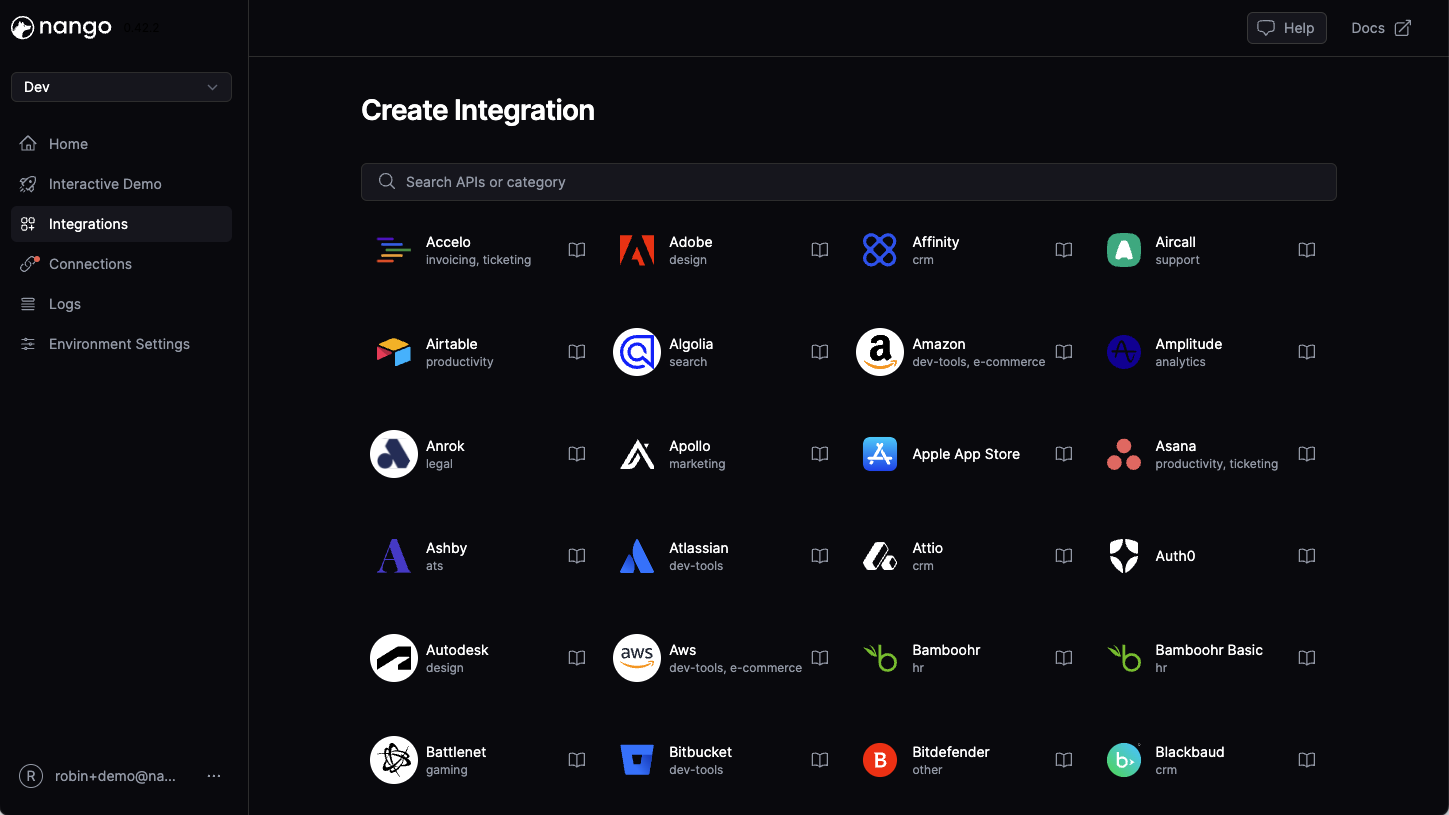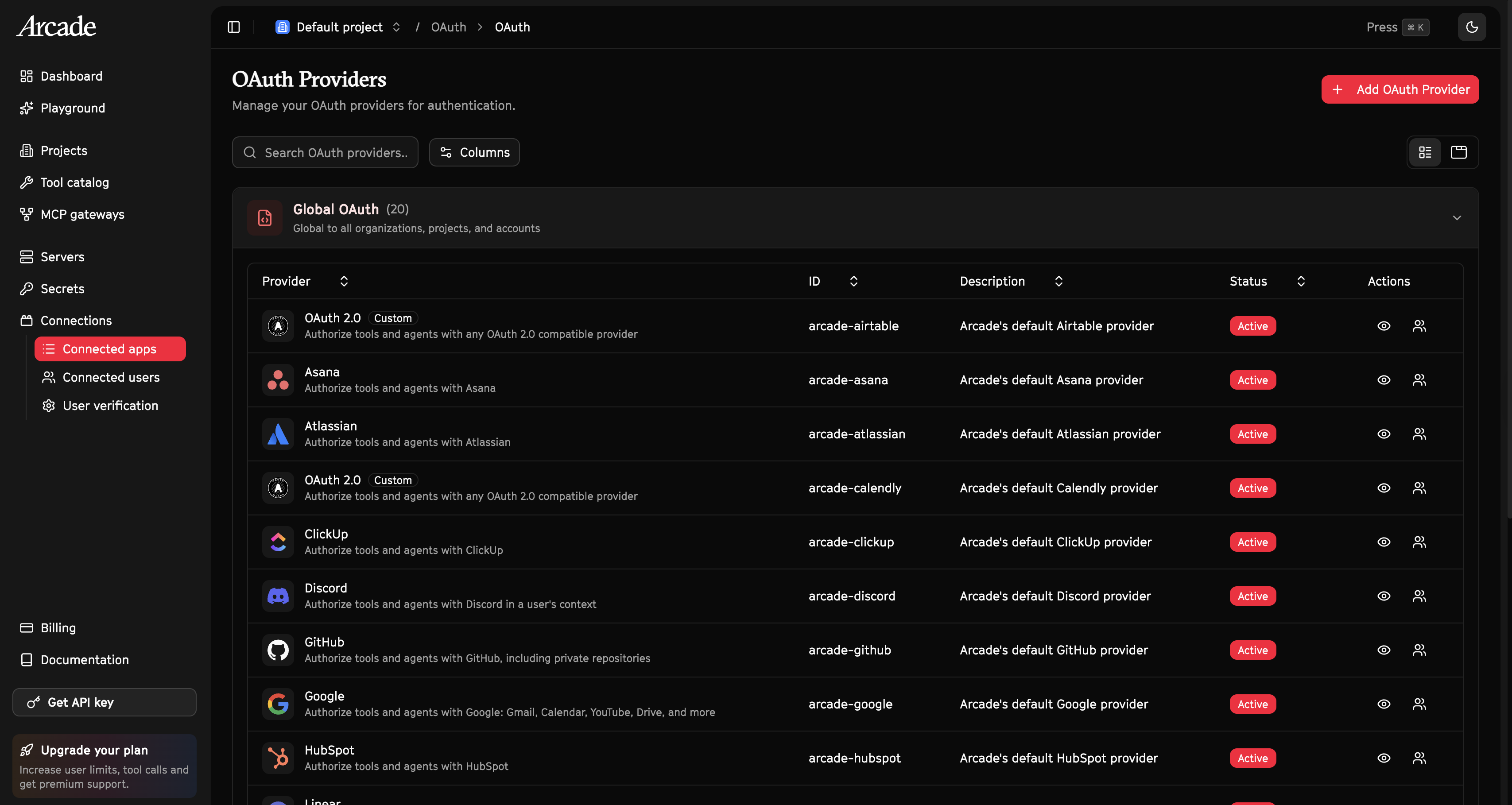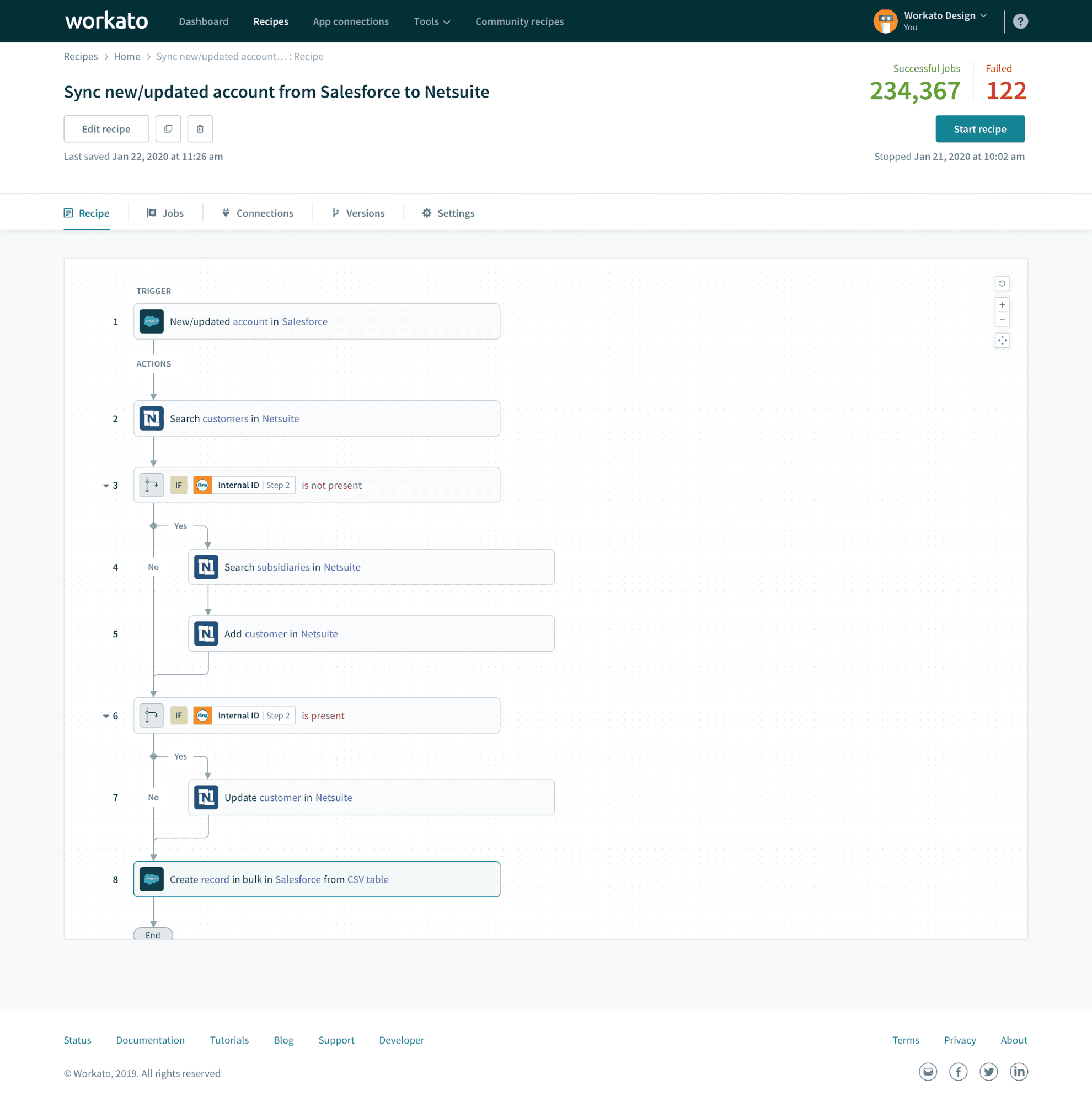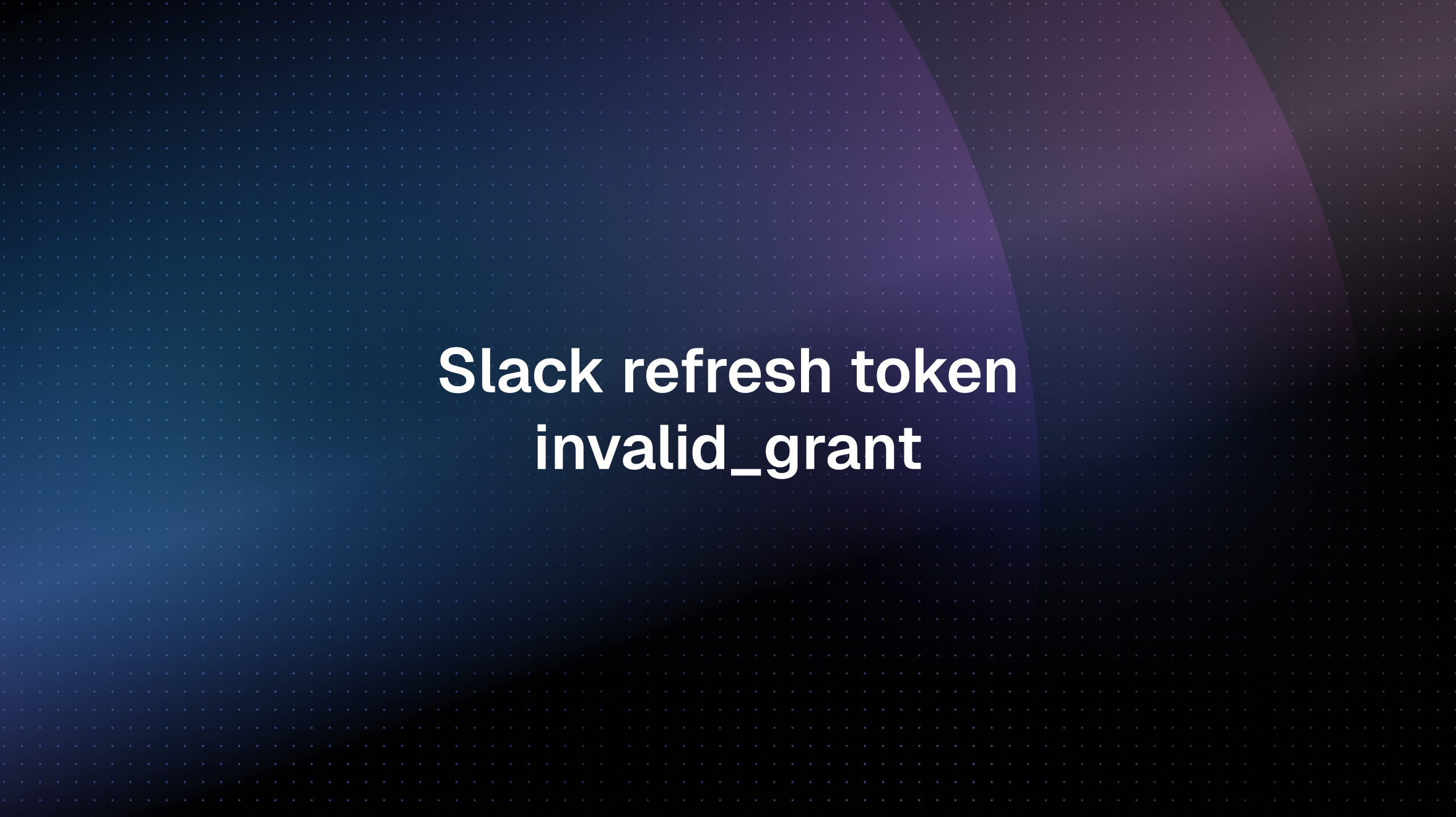Top Composio Alternatives for AI Agents in 2025
Compare the top alternatives to Composio for AI agent tool calls, with detailed pros and cons.
Composio allows developers to quickly connect their AI agents with many pre-built tools. It covers both external APIs, and other tools an agent may need (e.g. web crawling or search tools).
To help you understand if Composio is the right fit for your product, we have analyzed the most popular alternatives.
Drawbacks of Composio
While Composio makes it fast to connect your agent with many tools, it also has some significant drawbacks.
- No ability to edit or extend tools: You can't inspect or modify the code of Composio's tools. If a tool doesn't work exactly the way you need, you have to fully re-implement it outside of Composio
- Limited visibility: While Composio provides some debugging information, you cannot add custom debug messages or export observability data with OpenTelemetry.
- Only tool calls: Composio only supports tool calls. If your product also needs data syncs, webhooks, batch writes, unification, or other advanced features, you will need to use multiple platforms or implement these yourself.
- Limited control: Composio doesn't offer advanced features like per-customer config, custom auth validation, or webhook filtering
The large set of pre-built tools can be helpful to quickly prototype AI agents. But for reliable and scalable deployments in production, where you want to have full control over your integration's tools, Composio may not be the best fit for your agents.
Best Composio alternatives
Below are three Composio alternatives to consider for your AI agents.
Nango
Nango is a developer platform for product integrations.
Instead of rigid, pre-built tools, Nango provides developer infrastructure (API auth, tool definitions, webhooks, real-time observability, etc.) that lets engineers build exactly the tools their agents need. For teams building AI agents, AI agent authentication is often the first challenge to solve.
Besides tool calls, Nango also supports 2-way data syncs, webhooks, unified APIs and other integration use-cases. This lets you combine all integrations, deterministic and agentic ones, on a single platform.
Nango supports 500+ APIs out of the box, and is used by hundreds of fast growing AI agent companies.

Key features
- White-label auth for 500+ APIs: With a drop-in UI component, advanced features such as custom credentials validation, and end-user guides.
- Scalable infrastructure: Nango adds <100ms overhead to tool calls, auto-scales and isolates each of your customer's tool calls for maximum security.
- Native to your code base: Tool definitions are stored in your git repo, use any IDE or coding agent to create tools.
- Detailed, real-time observability: Every operation in Nango creates detailed logs, with fulltext search and OpenTelemetry export. You can define custom log messages in tools.
- Enterprise compliance: SOC 2 type II, GDPR, and HIPAA compliant. Also offers Enterprise self-hosting.
Key differences to Composio
Compared to Composio, Nango offers better scalablity, observability and more control.
- Custom tool executions: With Nango, custom tools execute on the Nango platform. This makes them faster, more reliable, and auto-scalable by Nango. With Composio, custom tools execute in your own stack, while standard tools execute on Composio's infrastructure.
- Open-source tools: Nango's pre-built tools are all open source. This makes it easy to copy an existing tool, modify it to your needs, and deploy it to your Nango account. Composio's tools are closed source. If you want to extend them, you need to build them yourself from scratch.
- Deeper observability: Nango logs details about every external API request the tool does, including headers and error messages. You can define custom log messages and all operations can be exported as traces with OpenTelemetry. Composio also provides some observability into tool executions, but they are less detailed and cannot be exported.
When to choose Nango over Composio
You should consider Nango over Composio if:
- Integrations are a key feature of your product: The extra control, flexibility, and observability of Nango are often helpful when integrations are core features.
- You need more than just tool calls: If your product also needs data syncs, webhooks, or unified APIs, Nango offers all of these on a single platform.
- Per-customer config: If you need to modify your tool's behaviours per customer (e.g. custom field mappings), Nango supports this, while Composio doesn't.
- Self-hosting: Nango offers Enterprise self-hosting for businesses with strict compliance requirements.
Arcade
Arcade is a platform for agent tool calls.
Similar to Composio it offers a set of pre-built tools for a number of API categories, and an SDK to let users define custom tools. While it's catalog today is smaller than Composio's, it also let's the community contribute tools to its catalog.

Key Features
- Tool execution engine: Arcade provides a runtime that executes all tool calls. Tools are called through MCP.
- Pre-built tools catalog: Arcade offers pre-built tools, although their catalog only covers 21 APIs at the time of writing.
- SDK to build custom MCP servers: You can use Arcade's SDK to create custom tools and custom MCP servers which run on the Arcade engine.
- Community contributed tools: Unlike Composio, Aracade lets the community contribute MCP servers that any Arcade user can install on their engine.
How does Arcade compare to Composio?
- Different connector qualities: Composio builds all connectors in-house, while Arcade offers both tools built by them, and those built by the community. This may make quality less predictable.
- Comprehensive testing: Arcade lets you define comprehensive test scenarios and score answers from your AI agents by their tooling. This lets you define eval scenarios to test your tools.
- Automatic permission checks: Before executing the tool call, Arcade will check the user's permissions and prompt for additional permissions if necessary.
When to choose Arcade over Composio
- Community catalog: Arcade's community approach to tools may allow them to offer more niche tools and use cases not covered by Composio
- Custom MCP servers: If you are looking to build custom MCP servers, with deep control, Arcade offers more tooling for this than Composio
- Team trust: Arcade's team has experience building authentication products before (the team previously worked at Okta)
Workato
Workato also offers a product for AI agents called "Workato Enterprise MCP".
This lets you expose "collections of recipes" (groups of pre-built workflows) to AI agents over an MCP server. For each server, you can also manage access controls, configure metadata, and define authentication methods.

Key features
- Many pre-built MCP server: Workator ships with 100+ pre-built MCP servers out of the box.
- Comprehensive audit: Workato stores detailed information about each tool execution. This makes it easy to spot unwanted, or potentially harmful, activities.
- Agent builder plaform: Workato also offers an agent builder platform that works on top of Workato Enterprise MCP.
How does Workato compare to Composio?
- Internal use-cases: Both offer MCP servers to use tool calls for internal, or individual, use cases.
- Low-code editor: Workato lets users define workflows with a low-code editor. Composio only lets users define tools through code.
- Pre-built tools: Both offer a catalog of pre-built tools and the ability to define custom tools.
When to choose Workato over Composio
- Existing Workato customer: If you are already a Workato customer, you may see benefits it using everything on a single platform.
- Enterprise readyness: Workato is more established and has raised hundreds of millions of dollars.
- Internal use cases: If your tools for AI agents are primarily used by your own employees, Workato may have a more focused product for this.
Conclusion
Choosing the right platform for your AI agent tool calls is crucial for building reliable and scalable AI applications. While Composio offers a quick way to get started with many pre-built tools, its limitations around customization, observability, and extensibility may become problematic as your product grows.
Nango provides the most comprehensive solution for teams building AI agents that need deep integrations and full control over their tooling. Arcade offers a community-driven approach that may suit teams looking for niche tools and custom MCP servers. Workato brings enterprise-grade capabilities for organizations already invested in their ecosystem.
The key is to evaluate your specific needs around tool customization, observability requirements, and long-term scalability to make the right choice for your AI agent infrastructure. For more insights on AI agent authentication platforms, check out our comprehensive guide to AI agent authentication platforms, and for alternatives to other popular platforms, see our Pipedream Connect alternatives analysis. For a broader comparison of agent platforms, see our best AI agent integration platforms.




.svg)
